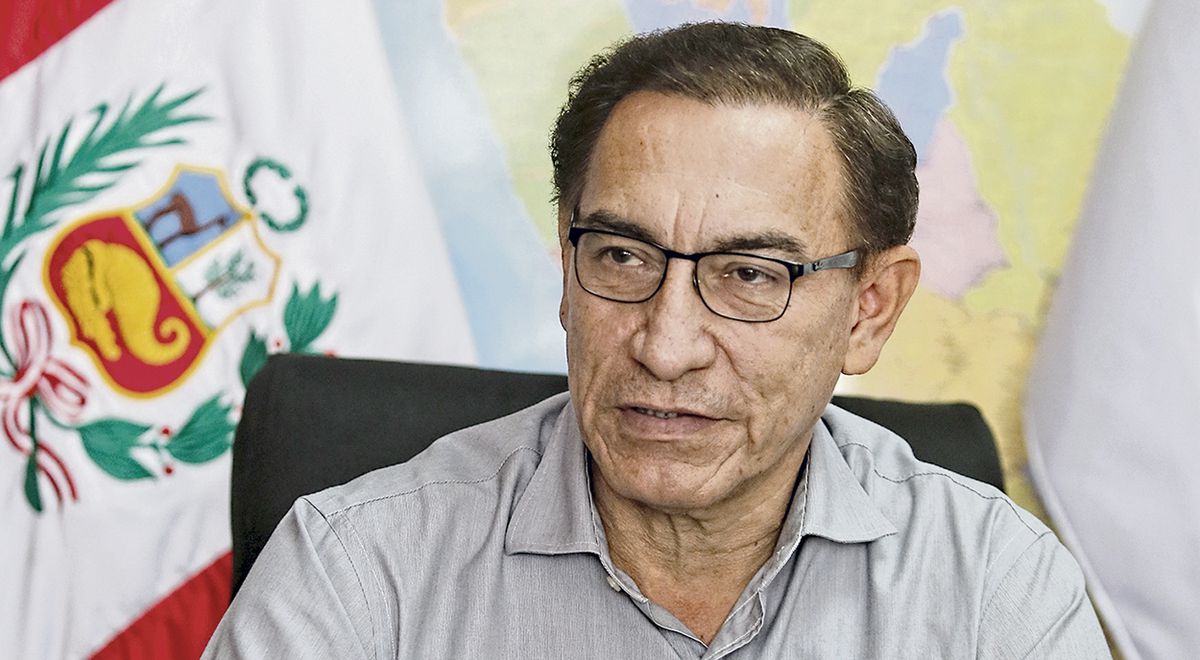The center alliance of President Emmanuel Macron is on track to lose its absolute majority in Parliament this Sunday, given the progress of the left-wing front and, above all, the spectacular rise of the extreme right in the legislative elections.
Source: AFP
The Alliance Together! de Macron would obtain between 200 and 260 seats in the National Assembly (lower house), followed by the New Popular Ecological and Social Union (Nupes, left) between 150 and 200 and the National Group (extreme right), from 60 to 100, according to the first projections.
“If these results are confirmed, they are far from what we expected. (…) An unprecedented situation is developing in political and parliamentary life, which will require us to overcome our certainties, our divisions,” said Minister Gabriel Attal.
Although negotiation is common in most democracies, in the absence of an absolute majority in Parliament, it can become a headache for the ruling party, accustomed to the steamroller, to carry out its liberal program.
To reach the 289 seats of the absolute majority, the Republican Party (right) and its UDI allies (45 to 80 seats) could become key for the centrist president. Its leaders already advanced on Thursday that they will make a “useful opposition.”
The left posed the elections as a “third round” of the presidential election, considering that the French re-elected Macron on April 24 to prevent his far-right rival Marine Le Pen from coming to power, and not because of his ideas.
Although the president loses his absolute majority, the first left-wing front in 25 years – radical left, environmentalists, communists and socialists – remains far from its goal of winning and imposing Jean-Luc Mélenchon as prime minister.
“It is a totally unexpected situation, unprecedented, the defeat of the presidential party is total and no majority appears,” Mélenchon assured his supporters, who accused the ruling party of having reinforced the extreme right.
The far-right RN party, although it is in third position, is one of the main winners of the elections, far exceeding the 8 deputies of 2017 and thus managing to form its own parliamentary group for the first time since 1986.
“We will embody a firm opposition, without collusion, responsible, respectful of the institutions,” Le Pen said from his stronghold in Hénin-Beaumont (north), where he revalidated his seat, congratulating himself on having made Macron a “minority president”.
Participation was key in the second round, but, according to the Ministry of the Interior, 53.08% of the 48.7 million French called to the polls did not go to vote.
“MOST ALMOST IMPOSSIBLE”
After a first term marked by social protests against his policy towards the popular classes, the coronavirus pandemic and the effects of the war in Ukraine, the second term looks complicated for Macron.
“It is an almost impossible majority that will need (…) a turn towards the LR and possibly towards a dozen non-Nupes socialists”, according to Étienne Ollion, an expert at the CNRS, for whom this could lead to a “reparliamentation of political life”.
The vote closes a crucial election cycle for France’s course over the next five years. The next electoral appointment will be the elections to the European Parliament in 2024, two years in which the parties will be able to settle the ongoing recomposition.
The emergence of the centrist Macron in 2017 shook the French political board, which is now divided into three main blocs – radical left, center and extreme right – leaving aside the traditional government parties.
In the final stretch of the campaign, Macron’s alliance warned of the chaos that would entail having to govern with a simple majority and, above all, of the “danger” that the arrival of the leftist front to power would entail.
If he fails to approve his star reforms, such as the unpopular delay in the retirement age from 62 to 65, the president could dissolve the Assembly early and call new elections, as the socialist president François Mitterrand (1981-1995) already did in 1988 .
For members of the French government who were running for a seat, the elections represented a double challenge, because they will have to resign if they lose, according to an unwritten rule. Health Minister Brigitte Bourguignon is in that case.
The setback against Macron is also reflected in the defeat of the main leaders of his movement, such as the current president of the National Assembly, Richard Ferrand, or the president of his parliamentary group, Christophe Castaner.






